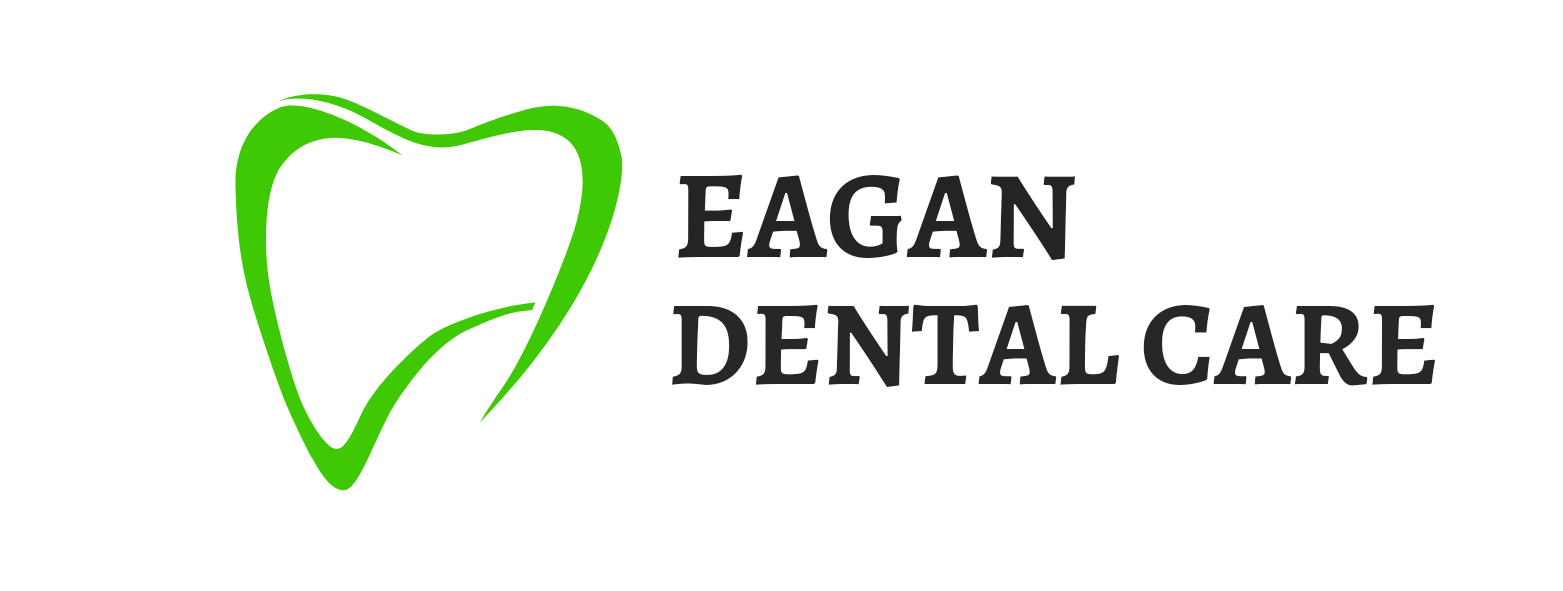Understanding Dental Anxiety
Dental anxiety is a common experience, characterized by fear or stress in a dental setting. It can range from mild unease to severe anxiety, making people avoid necessary dental care. Understanding the roots of this anxiety is crucial. Often, it stems from early, negative dental experiences, a fear of pain, or a sense of helplessness. Other contributing factors can be the sound of dental instruments, the smell of a clinic, or previous trauma related to dental procedures. Acknowledging these feelings is the first step toward managing and eventually overcoming them.
The Importance of Oral Health
Good oral health is essential for overall health and well-being. Regular dental check-ups play a critical role in preventing oral diseases such as cavities, gum disease, and oral cancer. Poor oral hygiene can lead to more serious health issues, including heart disease and diabetes. Realizing the importance of oral health and its direct impact on overall health can motivate individuals to seek dental care despite their fears.
Techniques to Manage Dental Anxiety
Communication
One of the most effective ways to reduce dental anxiety is through open communication with your dentist. Sharing your fears with them can allow the dentist to adapt their approach to address your concerns. Discussing your anxiety can help build trust and create a more comfortable experience. Additionally, asking questions about procedures can help demystify what to expect, reducing fear driven by the unknown.
Gradual Exposure
Gradual exposure to the dental environment can also help desensitize anxiety. Scheduling brief and non-invasive visits can gently introduce one to the setting without the pressure of undergoing a procedure. These preliminary visits can include simply sitting in the dental chair or talking to the dentist. Over time, this process can diminish anxiety and create positive associations with dental care.
Deep Breathing and Relaxation Techniques
Practicing deep breathing and relaxation techniques can be beneficial in managing anxiety during dental appointments. Techniques such as diaphragmatic breathing, where you breathe deeply from the diaphragm, can help reduce physiological arousal by calming the nervous system. Progressive muscle relaxation, where you systematically tense and relax different muscle groups, can also alleviate tension during dental visits.
Distraction
Distraction can be a powerful tool to take your mind off the procedure. Listening to music or audiobooks through headphones or watching a movie during dental treatment can help shift focus away from the anxiety-inducing environment. Engaging with these external stimuli can create a more pleasant experience and reduce perceived discomfort.
Sedation Dentistry
For those with severe dental anxiety, sedation dentistry might be an option. Sedation dentistry involves using medication to help patients relax during procedures. The levels of sedation range from minimal sedation, where the patient is awake but relaxed, to general anesthesia, where the patient is fully unconscious. Discussing these options with your dentist can help determine if sedation dentistry is appropriate for you.
Coping Strategies Before and After the Appointment
Preparing for Your Visit
Preparing mentally and physically before a dental appointment can make a significant difference. Visualization techniques, where you imagine yourself in a calm state during the procedure, can help reframe your perception and induce a sense of control. It might also be helpful to schedule appointments at a time when you are least likely to feel rushed or stressed.
Post-Appointment Practices
After the dental visit, adopting practices that reinforce a sense of accomplishment and relaxation can be beneficial. Rewarding yourself can create positive reinforcement, associating a completed dental visit with a treat such as a favorite activity or relaxation time. Reflecting on what went well during the visit and noting improvements in anxiety management can provide encouragement and motivation for future appointments.
Seeking Professional Help
If dental anxiety becomes overwhelming or debilitating, consulting with a mental health professional might be necessary. Therapies such as cognitive-behavioral therapy (CBT) have been effective in treating phobias and anxiety disorders. CBT helps individuals challenge and change negative thought patterns and develop coping skills, which can be particularly beneficial for overcoming dental anxiety.
Collaborating with Your Dentist
Building a collaborative relationship with your dentist can significantly impact your dental care experience. Dentists who are aware of your anxiety can adjust their approach accordingly, ensuring you feel comfortable and supported. Exploring options such as longer appointment times, breaks during procedures, and a clear signal for stopping when you’re feeling overwhelmed can make a dental visit less intimidating.
Overcoming dental anxiety is a journey, but with the right strategies and support, it is possible to transform dental care from a fearsome obligation to a manageable part of your wellness routine. Remember that taking steps toward addressing dental anxiety not only benefits your oral health but also contributes to your overall quality of life. Building a trusting relationship with your dentist, employing anxiety-reducing techniques, and seeking professional help when necessary are vital components to overcoming this common fear. Investing in your oral health is an investment in your overall well-being.
Take the First Step Towards a Healthier Smile with Eagan Dental Care
Don’t let dental anxiety stand in the way of your oral health and overall well-being. At Eagan Dental Care, we are committed to providing compassionate, personalized care to help you overcome your fears and achieve the smile you deserve. Whether you need a routine check-up or more advanced dental work, our team is here to support you every step of the way. Contact us today to schedule your appointment and experience the difference of anxiety-free dental care. Take control of your oral health — your journey to a healthier smile starts now!
